Electric and Hybrid Services
EV / Hybrid Repair & Service
"E vehicles" commonly refers to electric vehicles, which encompass battery electric vehicles (BEVs), plug-in hybrid electric vehicles (PHEVs), and hybrid electric vehicles (HEVs). These vehicles utilize electricity for propulsion, either as their sole power source or in conjunction with other fuels like gasoline.
Battery Electric Vehicles (BEVs):
These are fully electric vehicles that run entirely on electricity stored in a battery pack and charged from an external power source.
Plug-in Hybrid Electric Vehicles (PHEVs):
These vehicles combine an electric motor and a gasoline engine. They can be plugged in to charge the battery, and also use gasoline for longer distances.
Hybrid Electric Vehicles (HEVs):
Like PHEVs, they have both an electric motor and a gasoline engine, but HEVs cannot be plugged in to charge the battery and rely on regenerative braking and the engine to charge the battery.
Key Aspects of Electric Vehicles:
- Reduced emissions: EVs contribute to lower emissions compared to gasoline-powered vehicles, particularly when using electricity from renewable sources.
- Fuel cost savings: Electricity is generally cheaper than gasoline, potentially leading to lower running costs for EV owners.
- Tax incentives: Many regions offer tax credits and other incentives to encourage the adoption of electric vehicles.
- Popular models: Some popular EV models include the Tesla Model 3, Tesla Model Y, Chevrolet Bolt, Ford Mustang Mach-E, and Hyundai.
- While electric vehicles (EVs) have started to become more popular, EV and Hybrid Repair have not yet become very mainstream, especially in urban areas where the limited driving distances reduce the risk of running out of battery. Meanwhile, hybrids have become increasingly popular for their fuel efficiency and unlimited driving range.
- For those seeking an alternative to dealership services, Briganti's automotive service offers repairs for both EVs and hybrids.
5 Common Hybrid Car Problems and How to Fix Them
Hybrid cars are increasingly popular because of their fuel efficiency and reduced environmental impact. However, like all vehicles, hybrids come with unique challenges. Understanding the most common hybrid car problems and how to address them can help maintain the vehicle’s performance and longevity, improving service and customer satisfaction.
1. Battery Issues Are at the Top of the List of Most Common Hybrid Car Problems
- The most well-known hybrid car problem involves the battery. Hybrid cars rely on large, rechargeable batteries to power their electric motor. These batteries can degrade or fail over time. Battery issues can lead to decreased fuel efficiency, slower performance, and, ultimately, the inability to start the car.
2. Regenerative Braking System Failures
- Hybrid vehicles use a regenerative braking system that captures energy from braking and converts it into electricity to recharge the battery. While this system is highly efficient, it can sometimes malfunction, leading to reduced braking power or strange noises during braking. A failure in the regenerative braking system can also increase wear on traditional brake components.
3. Oxygen Sensor Malfunction
- The oxygen sensor in a hybrid car measures the amount of unburned oxygen in the exhaust and helps regulate the engine’s air-to-fuel ratio. If the oxygen sensor malfunctions, it can trigger the check engine light and lead to inefficient performance. This can also affect fuel economy and increase emissions.
4. Cooling System Problems
- Hybrid cars rely on a cooling system to keep the engine and battery at optimal operating temperatures. If the cooling system fails, it can result in overheating, potentially leading to more severe damage to the engine and battery. Cooling system problems are common in hybrid cars and may result from issues with the radiator, cooling fans, or coolant levels.
5. Transmission Issues
- Hybrid cars often feature a Continuously Variable Transmission (CVT), different from traditional automatic or manual transmissions. While CVTs are designed to improve fuel efficiency, they can sometimes experience issues like slipping, jerking, or unusual noises.
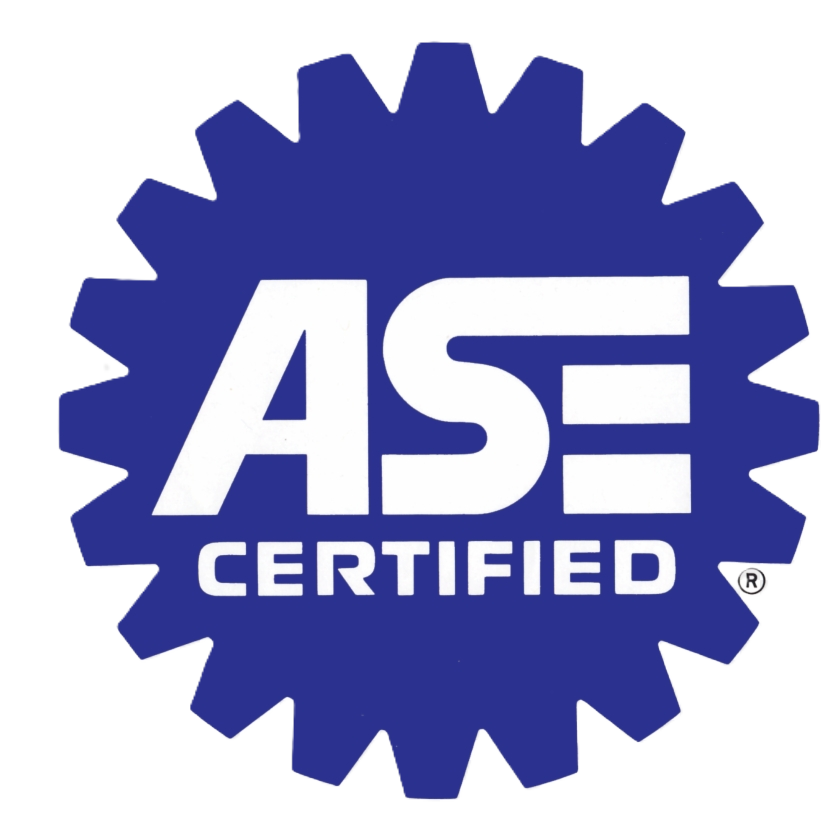
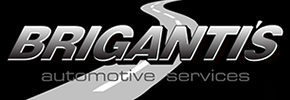
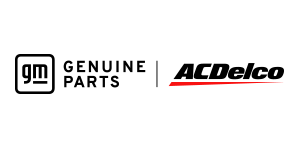





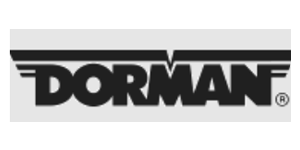




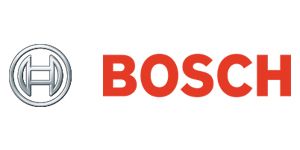


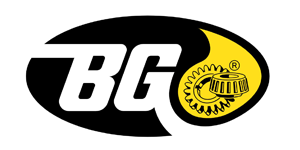




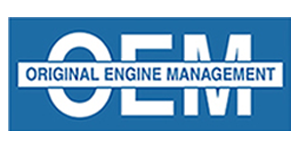
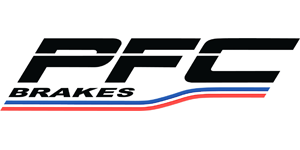


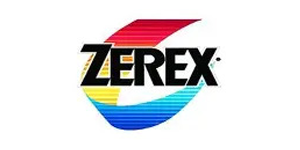
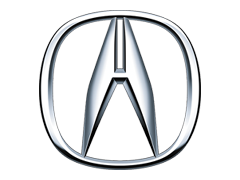

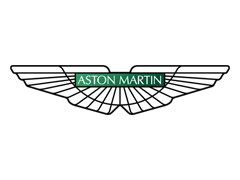


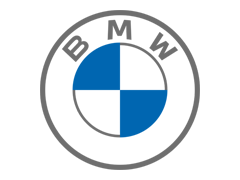
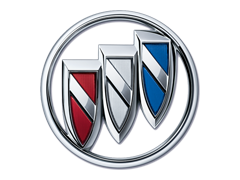

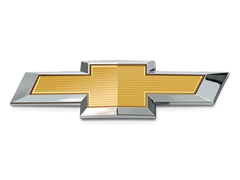
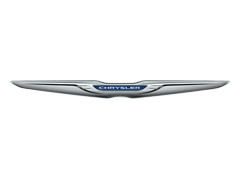
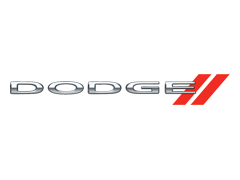

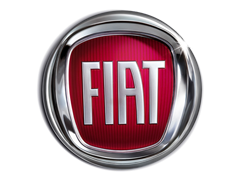
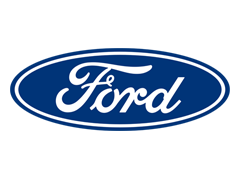
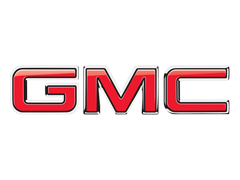
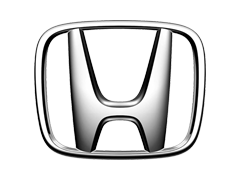

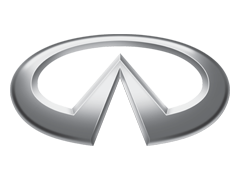


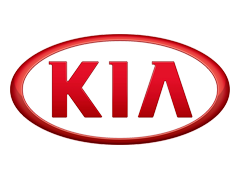

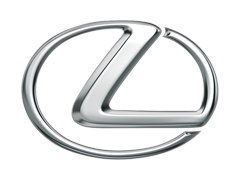


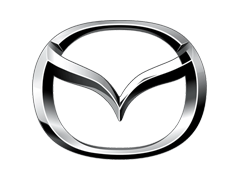


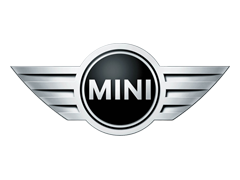


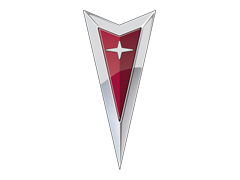
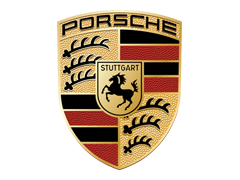
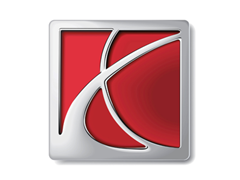


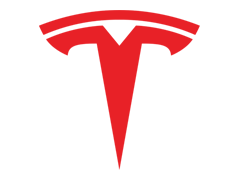


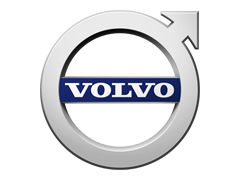
Share On: